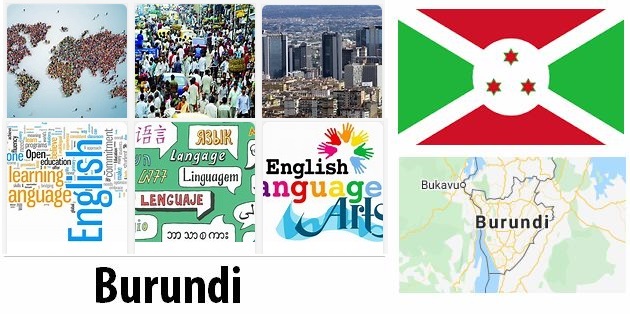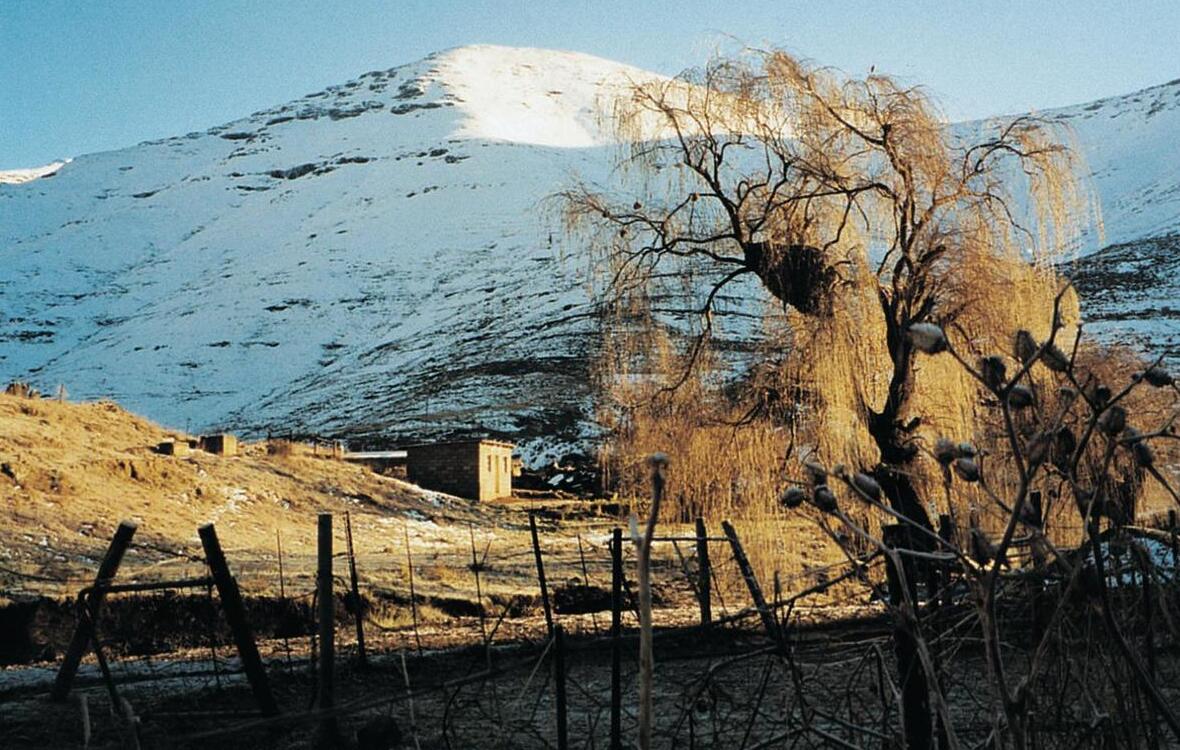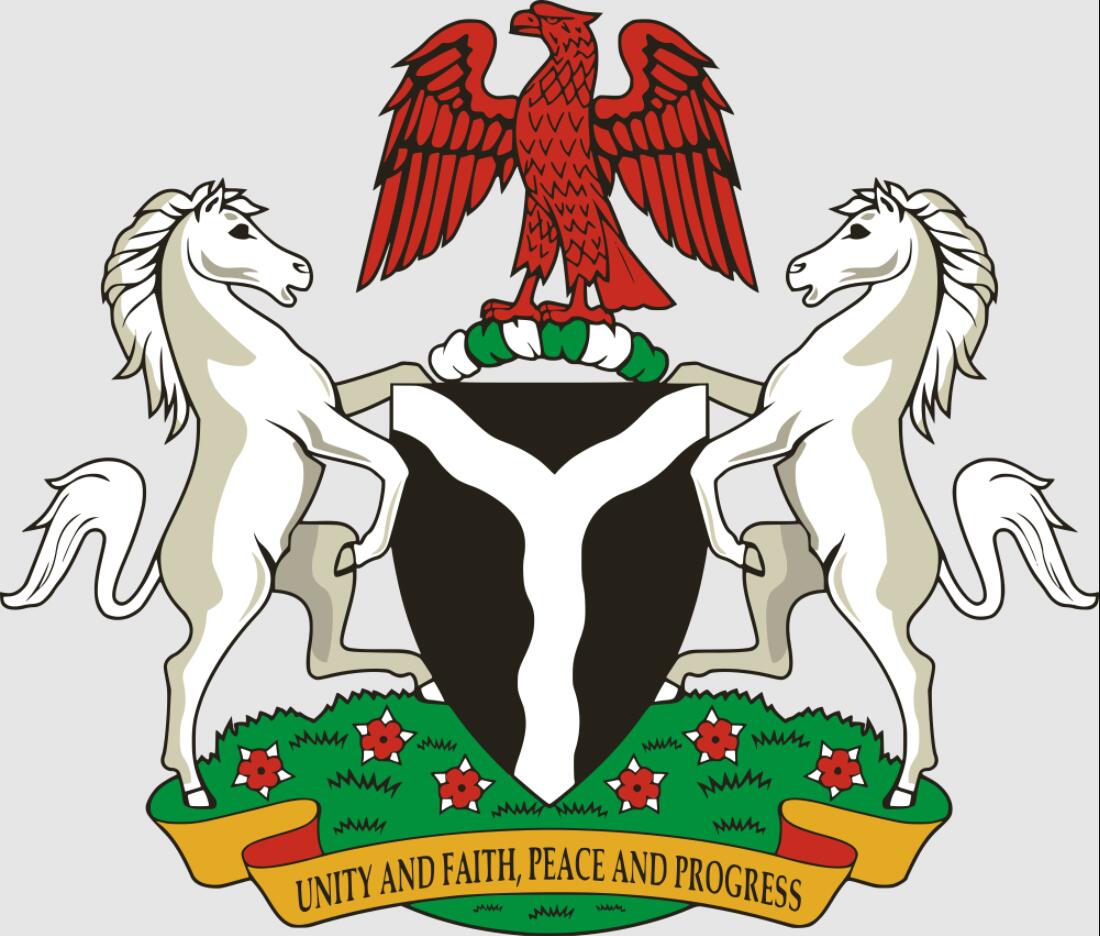Burundi Population and Language
Burundi is one of Africa’s most densely populated countries. The population consists of a large majority of Hutus and a minority group of Tutsis. There also lives a small waste of the pygmy people two. Burundi’s modern history is characterized by violent conflicts between Hutu and Tutsi.
The Hutu people are considered to be a Bantu people who came to Burundi in the 7th and 8th centuries. The Tutsis may be a Hamitic people who immigrated from the territories around Ethiopia from the 12th century. Over the centuries, both groups have partially merged through marriage and individuals have been able to change groups. A hutu has been able to be rewarded with livestock and raised to tutsis through skill and loyalty, while a tutsi who lost his animals has been able to be downgraded to hutus. Therefore, over time, the ethnic groups soon came to be regarded as different classes of society by the same people.
- COUNTRYAAH.COM: Key populations estimated size and data of Burundi, including population density of how many people per square mile. Also included are facts for population and language.
During the colonial era, contradictions between Hutu and Tutsi were ignited and the residents eventually came to regard each other as different peoples again. This view has influenced the country’s politics ever since the independence of the colonial power in 1962. Conflicts have periodically driven hundreds of thousands of people to flight. However, UNHCR UNHCR returned over 300,000 Burundian refugees from neighboring countries in 2002-2006.
In the summer of 2015, a new wave of refugees arose as a result of unrest in connection with the disputed general elections that year (see Modern history). By August, over 180,000 Burundians had sought shelter in neighboring countries, most in Tanzania and Rwanda. In May 2019, according to the UNHCR, nearly 400,000 Burundians lived as refugees abroad (including 186,000 in Tanzania, and others in Rwanda, Uganda and Congo-Kinshasa), while just over 100,000 were internally displaced within Burundi.
Burundi has also received large refugees from neighboring Rwanda, but most of these refugees have later been able to return to their homeland.
Official languages in Burundi are French and the Bantu language is Kirundi. Swahili is widely used in trade and business.
FACTS – POPULATION AND LANGUAGE
Population
about 85% hutu, about 14% tutsi, 1% two
Number of residents
10 864 245 (2017)
Number of residents per square kilometer
423 (2017)
Percentage of residents in the cities
12.7 percent (2017)
Nativity/birth
42.2 per 1000 residents (2016)
Mortality/mortality
10.8 per 1000 residents (2016)
Population growth
3.2 percent (2017)
Fertility rate
5.7 number of births per woman (2016)
Percentage of women
50.8 percent (2017)
Life expectancy
57 years (2016)
Life expectancy for women
59 years (2016)
Life expectancy for men
56 years (2016)
Language
Kirundi and French are official languages; in business, Swahili is used
2010
November
UN: “FNL still active as a rebel group”
The UN writes in a report that the party-converted Hutug guerrilla FNL continues to recruit soldiers and acquire new weapons in Congo-Kinshasa.
August
Split within FNL
At an extra-partisan congress, the exiled Agathon Rwasa is appointed leader of the FNL. However, spokesmen for the opposition party dismiss the congress as a scam staged by a party faction that cooperates with the government.
July
Common market in East Africa
The East African Community (EAC) forms a common market where goods, labor and capital can move freely across borders. Burundi is a member of EAC.
CNDD-FDD wins the parliamentary election
The parliamentary elections are conducted but boycotted by the opposition (see June 2010). As a result, the ruling CNDD-FDD gets a large majority of seats in the Legislative Assembly.
June
President-elect – without challengers
President Pierre Nkurunziza is re-elected without a counter candidate since all opposition leaders jumped from the presidential election. They accuse the government side of electoral fraud and call on voters to boycott. They also object to the composition of the electoral commission, which they believe favors Nkurunziza. Several opposition leaders, including the FNL’s Agathon Rwasa, are leaving the country for security reasons.
May
CNDD-FDD ahead in local elections
Local elections, preceded by unrest and mass arrests, are being conducted throughout the country. The ruling CNDD-FDD has great electoral success and is accused by the opposition of cheating.
January
Alleged plans for a coup are being rejected
Thirteen soldiers are arrested on suspicion of preparing a military coup.




